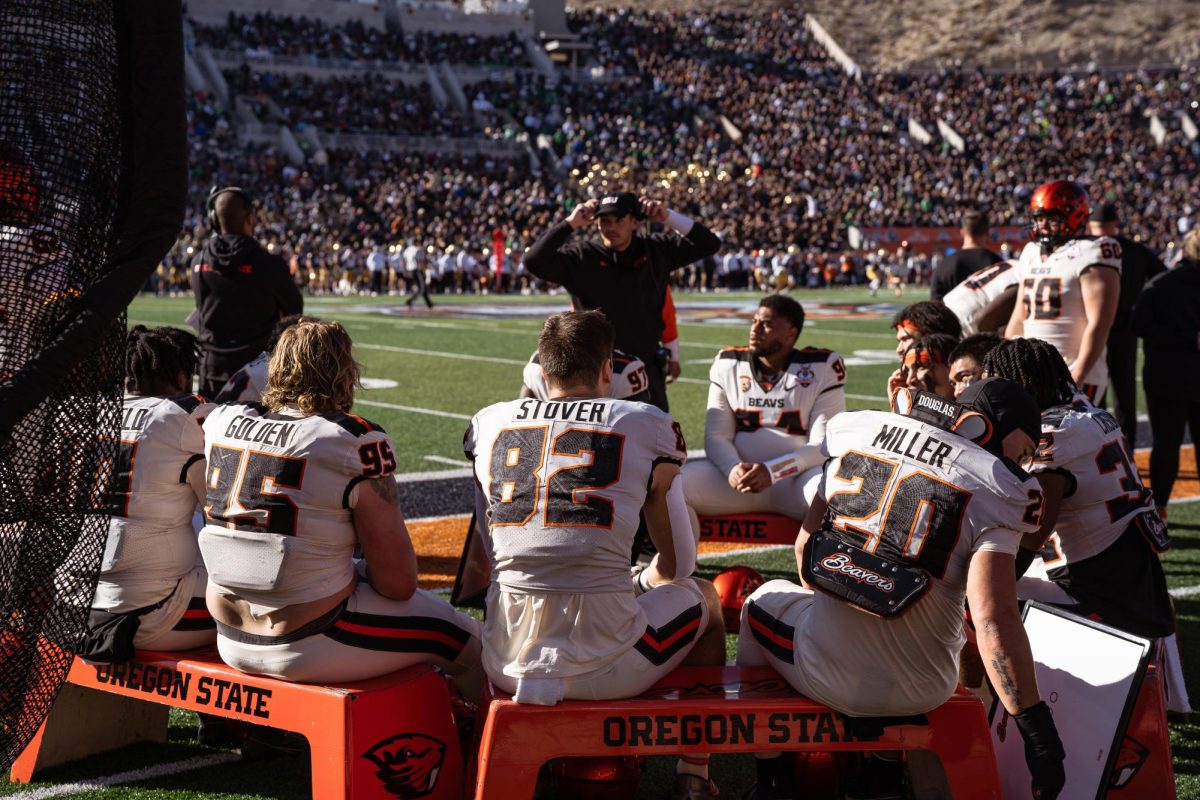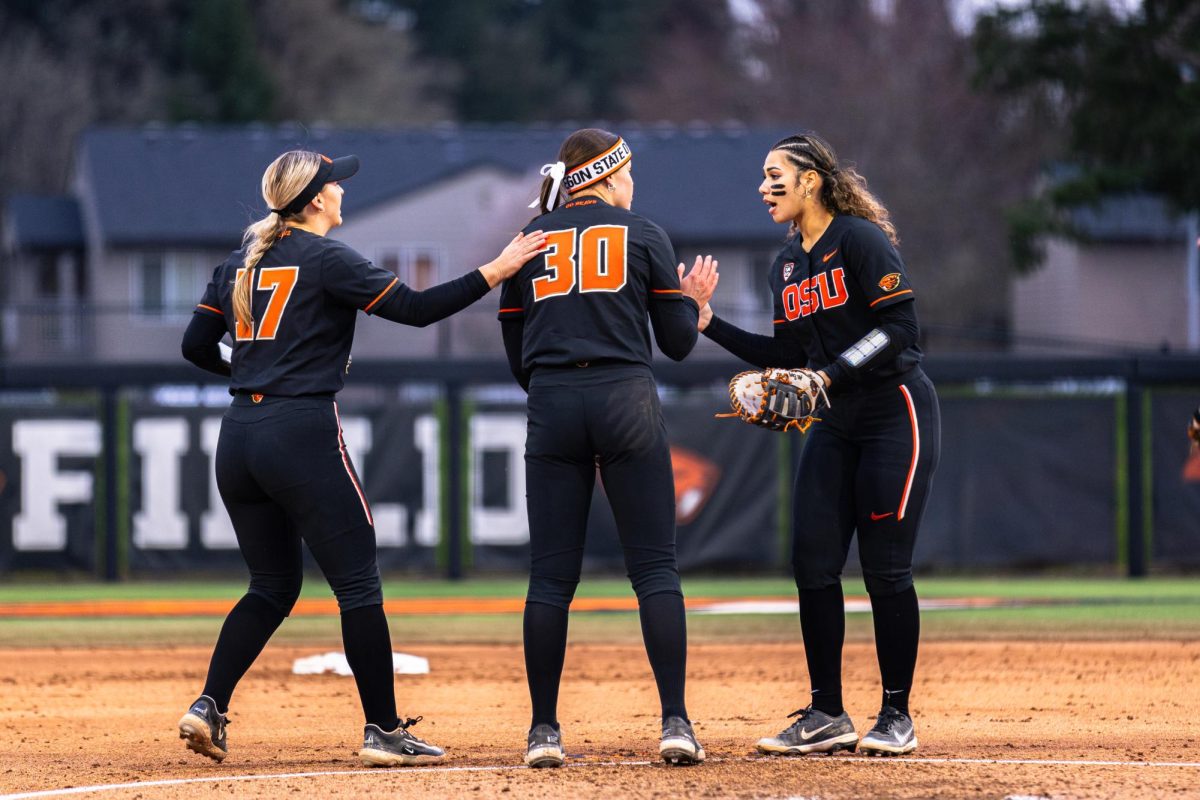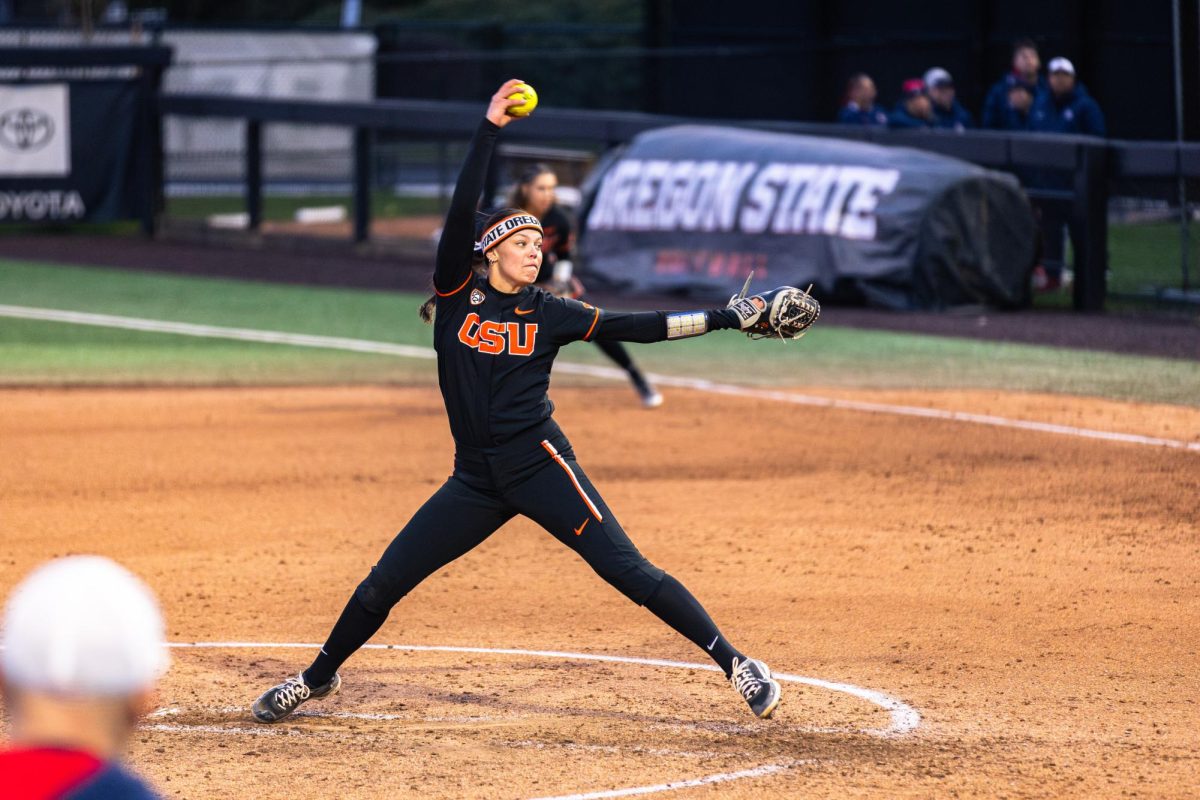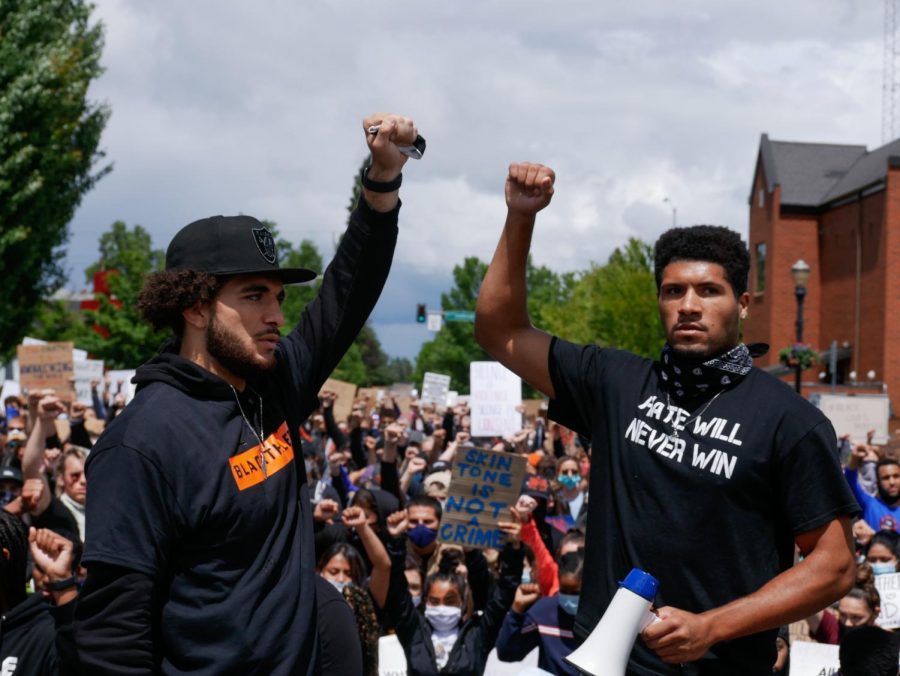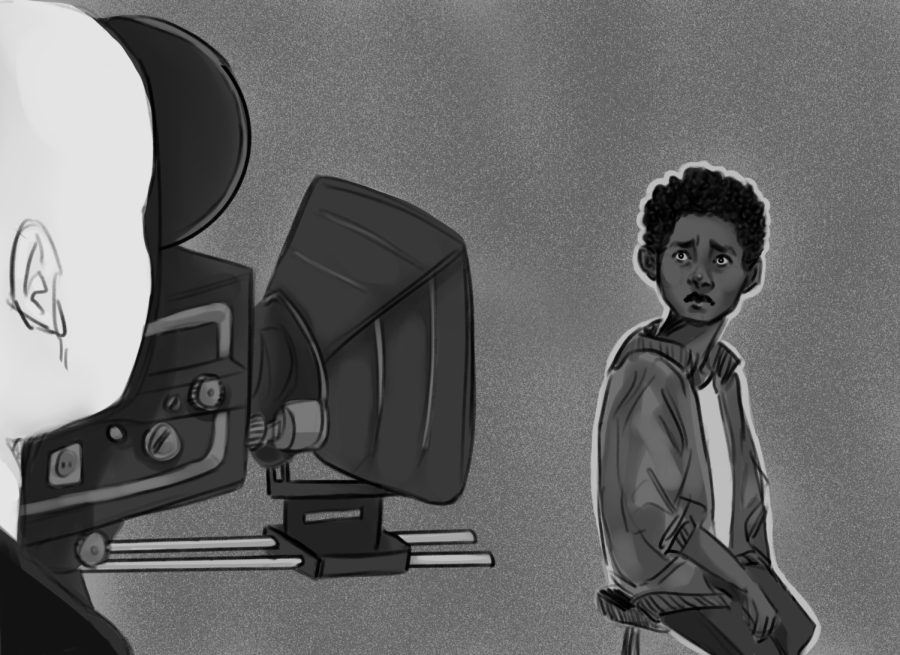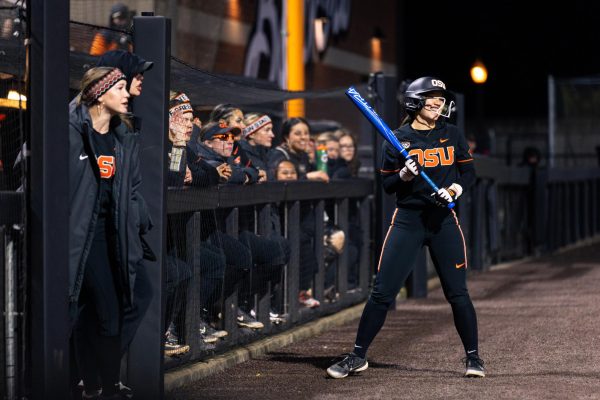What Black representation in film means to Black OSU students
February 6, 2023
How important is representation and where do Black moviegoers draw the line between being represented and reliving trauma?
On Jan. 6, 2023, United Artists Releasing and Universal Pictures released a historical drama documenting the life of Emmett Till, a 14-year old boy who was kidnapped, tortured, lynched and then drowned in Mississippi in 1955.
In a promotional interview for the movie, Whoopi Goldberg, producer on the film, referred to Till’s story as “Our diary of Anne Frank,” and said that it’s something that needs to be told because nobody’s told it before.
However, a documentary and short film on him were released in 2000 and 2017, respectively.
The movie made back $9 million in the worldwide box office, on a budget of $20 million. A loss of $11 million begs the questions: who are these movies for and does anybody care? Black Oregon State University students weigh in on the importance of representation.
Tamea Mitchell, a third-year graphic design major, thinks that representation is important to a certain extent, but at some point constant reminders of events like Till’s can feel oppressing.
“There’s so much more to us than that,” Mitchell said. “I don’t try to put myself in a victim’s mentality.”
Mitchell’s favorite films are from entertainers like Spike Lee and Issa Rae. She enjoys movies like “Crooklyn,” “School Daze,” and “The Photograph” because they’re something that’s light-hearted.
“It doesn’t have to be so intense all the time,” Mitchell said.
She said that she limits watching civil rights biopics and slave movies to Black History Month, but she’s always prepared to watch something on the Black Panthers, a civil rights activist group founded in the 1960s.
Sydney Griswold, a third-year public health major and Black Cultural Center employee, believes that representation is important. She thinks so, especially, for spaces where Black people, historically, have once not been invited. She praised Angela Bassett, the first Marvel actor to win a Golden Globe, and even mentioned Zendaya, a Golden Globe and two-time Emmy winner.
“It’s really big to see Black people being represented in different walks of art,” Griswold said.
Some of Griswold’s favorite shows that prioritize representation are “Black-ish,” “Proud Family,” and “That’s So Raven.” Furthermore, Griswold feels that there’s a double-edged sword to watching movies such as “Selma,” “The Help,” and “The Hate You Give.” She said that she had to turn away when watching the latter, since it was hard to watch and even made her fearful.
“There are countless stories of Black people making a difference in history that nobody talks about,” Griswold said. “Those are stories that we want to see.”
She also mentioned the movie “Hidden Figures,” a story about three Black women who helped launch astronaut John Glenn into orbit. Even though movies like that show struggle, they also show success in spite of adversity.
Isaac Savage, a third-year psychology major and Black Cultural Center employee, feels that good representation depends on how the person being represented is portrayed. He agrees with Griswold that it’s important to understand who’s making the movies, and if stereotypes are being used in their portrayal.
Along with wanting to see more original Black superheroes, like Static Shock, Savage also likes to watch documentaries and movies based on true stories.
He’s inspired by people like Chadwick Boseman and Damian Lillard, but also Langston Hughes and Maya Angelou.
Savage says that any stories that aren’t taught in school would be something that he and other people like him would want to know about.
Wintre Nees, a third year psychology major, believes that even though representation is important, there’s a lot of misrepresentation in movies because they’ll play into the “ghetto” and “thug” stereotypes, as mentioned by Savage earlier.
In the future, she would like to see a lot more come-up stories in Black media. As someone who was adopted, Nees feels as though there are still some stories that don’t get told. Unfortunately, the same stories get re-dramatized just so the movie studios can make money.
To her, a good indicator to help conclude whether a film leans on performative or proper representation depends on the background of the director and writer, as well as how the story is going to capture the audience.
“Get Out,” a movie released in 2017, written and directed by Jordan Peele on a budget of $4.5 million, has since made over $250 million in the worldwide box office.
Starring Daniel Kaluuya and Allison Williams, “Get Out,” is a movie about a Black man, Chris, spending a weekend getaway meeting his, white girlfriend’s parents. However, as the weekend progresses, things don’t quite go as planned for Chris and the family. The movie was acclaimed by critics and audiences, being nominated for two Oscars and winning one.
The film “Get Out” being highly acclaimed by audiences and critics could suggest that representation matters.



























